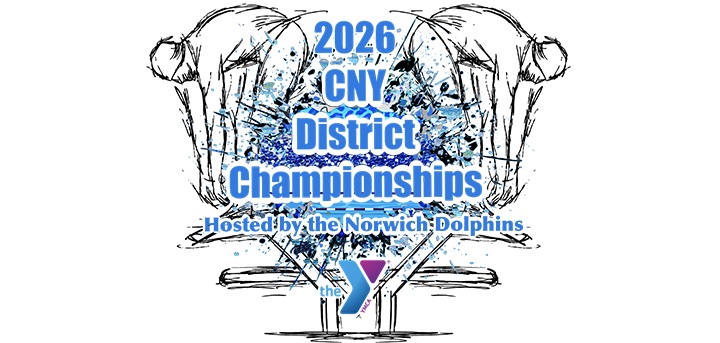Romney’s trust problem
The most important word in American politics is trust. And that’s why Barack Obama is maintaining a slight lead over Mitt Romney, despite a sputtering economy and a gloomy electorate.
Trust cannot be altered easily by a speech or a commercial or a debate. Trust is deeply rooted in who a candidate really is — his personality, character, temperament.
While many voters are just now tuning into the election campaign, Romney has been running for president for five years. That’s plenty of time for Americans to develop a sense of his values and priorities. And when they measure Romney against the president, the Republican’s trust deficit is clear and considerable. When an ABC News/Washington Post poll asked voters “who would make a more loyal friend,” they chose the president by 50 percent to 36 percent.
Of course the race is much closer than that, with Obama leading by an average of only three points in national polls. But that’s because the economy is still so dreadful. In fact, Romney should be far ahead, which is why so many Republican operatives are so frustrated.
Talk show host Laura Ingraham spoke for many disenchanted GOP’ers when she said this should be a “gimme election” for the Republicans. “If you can’t beat Barack Obama with this record, then shut down the party,” she fulminated.










Comments